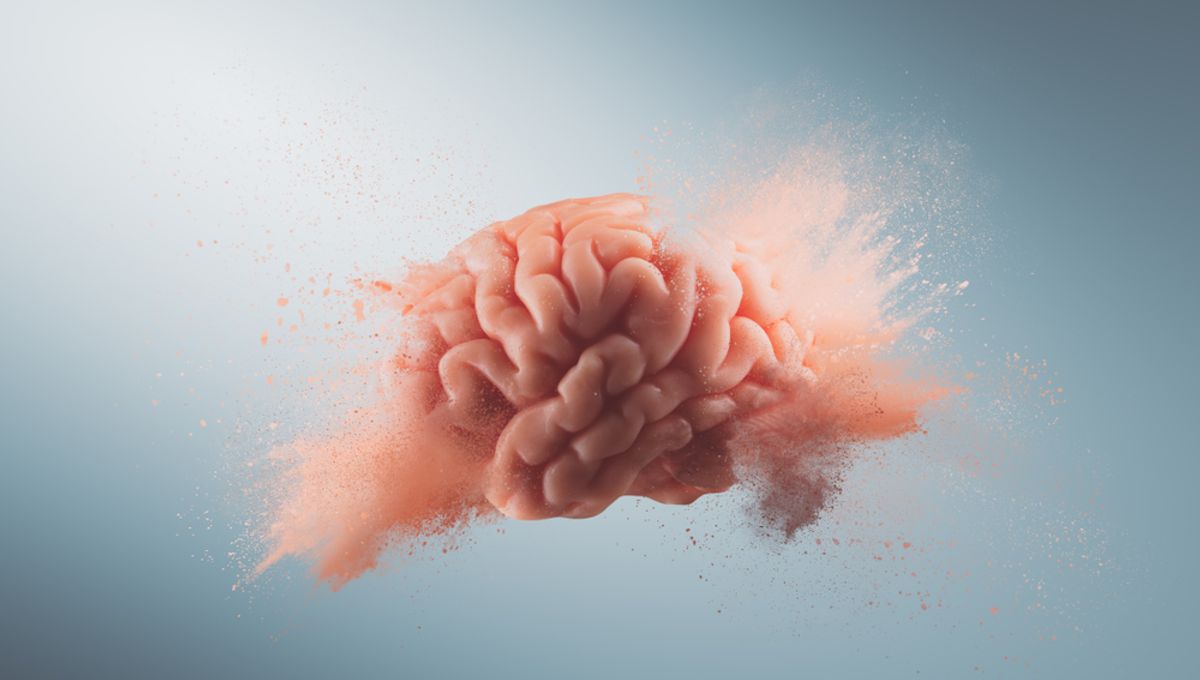
Trying to pick up a human brain that hasn’t been preserved in formaldehyde is a bit like attempting to lift a blob of gelatinous goo, new research has revealed. Using a combination of MRI scans and computational modelling, the study authors calculated the fragility of living participants’ brains, and found that they are very squishy indeed.
While the brains that appear on TV medical dramas tend to look pretty solid, the cerebral apparatus inside our skulls is in fact a droopy dollop of wibbly wobbly tissue – albeit a highly intelligent one. Once removed, however, changes in temperature and the use of preserving agents help to enhance the stiffness of the brain and render it more photogenic.
Speaking to New Scientist, Nicholas Bennion – who co-authored the new study – explained that “if you take a brain which hasn’t been preserved in any way, its stiffness is incredibly low, and it breaks apart very easily. And it really is probably a lot softer than most people realize.”
This lack of rigidity means that small movements of the skull cause the brain to sway, leading to what’s known as “positional brain shift”. For neurosurgeons who require pinpoint accuracy when making incisions, the brain’s tendency to wobble around poses a major challenge.
Bennion and his colleagues set out to understand the mechanics of positional brain shift by calculating the material characteristics of the brain and its surrounding tissue. They scanned the brains of 11 people whilst lying face down and face up, before running the images through a machine learning program.
The resulting model revealed that the brain actually shifts relatively little inside the skull, with the deep brain becoming displaced by roughly one millimeter as the head changes position. The surface of the brain, meanwhile, moves by only half a millimeter, thanks to a “tethering effect” whereby the surrounding tissues hold the brain in place.
The study authors were also able to calculate the bulk modulus of the brain, which provides a measure of how resistant a material is to pressure. Results indicated that the organ can withstand 148 kilopascals of pressure. According to New Scientist, this means that the brain breaks apart ten times easier than polystyrene foam.
To help readers visualize just how pathetically sloppy their thinking organ is, the study authors explain that “the extremely low stiffness of [the] brain leads to collapse under its own weight.”
By providing a detailed model of the sludgy mass inside our heads, the researchers hope to see their work “applied to reduce the impact of positional brain shift in stereotactic neurosurgery.”
Pretty smart for a bunch of people with heads full of goo.
The study appears in The Journal of the Royal Society Interface.
[H/T: New Scientist]
Source Link: The Human Brain Is So Squishy It Collapses Under Its Own Weight